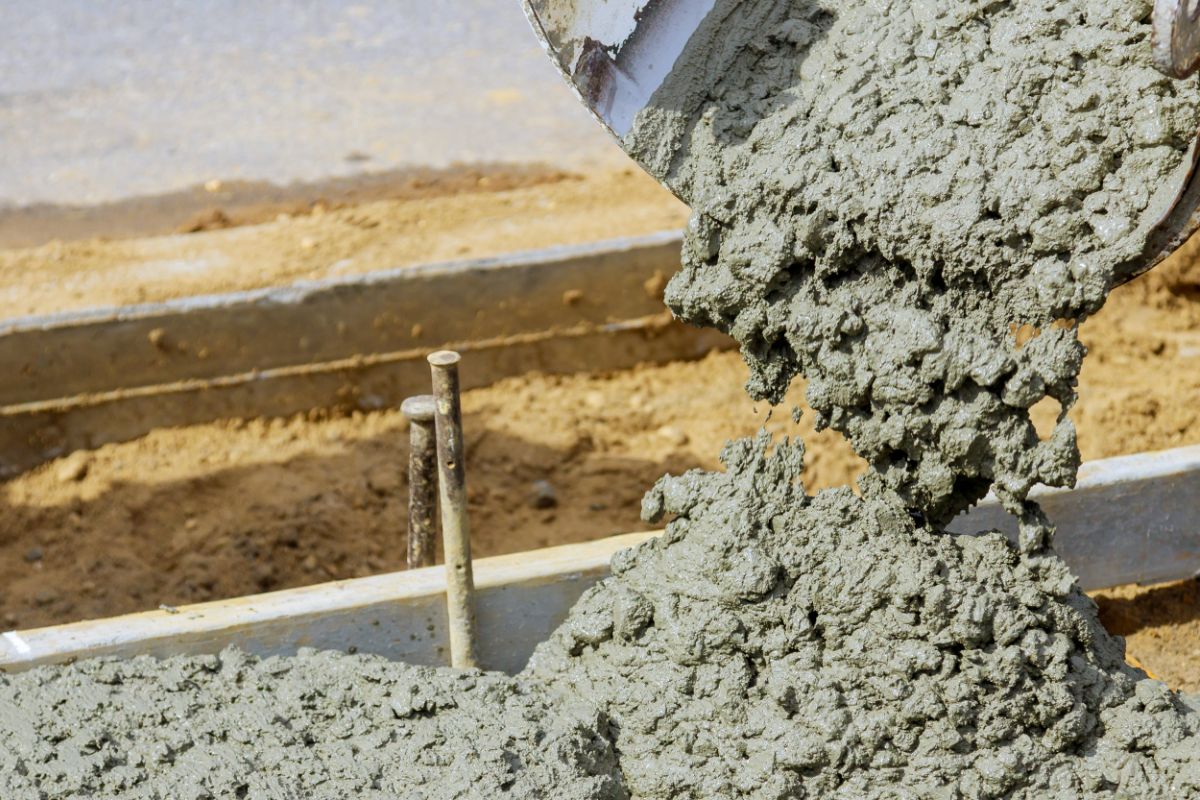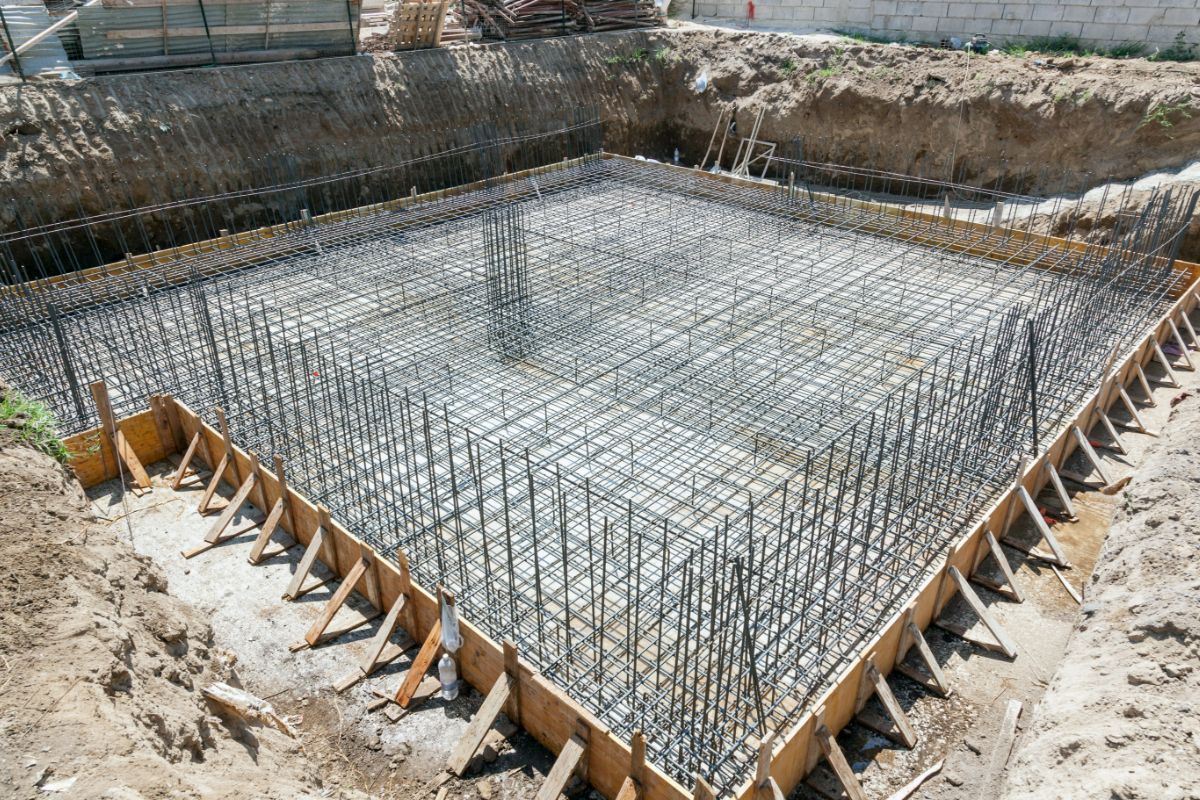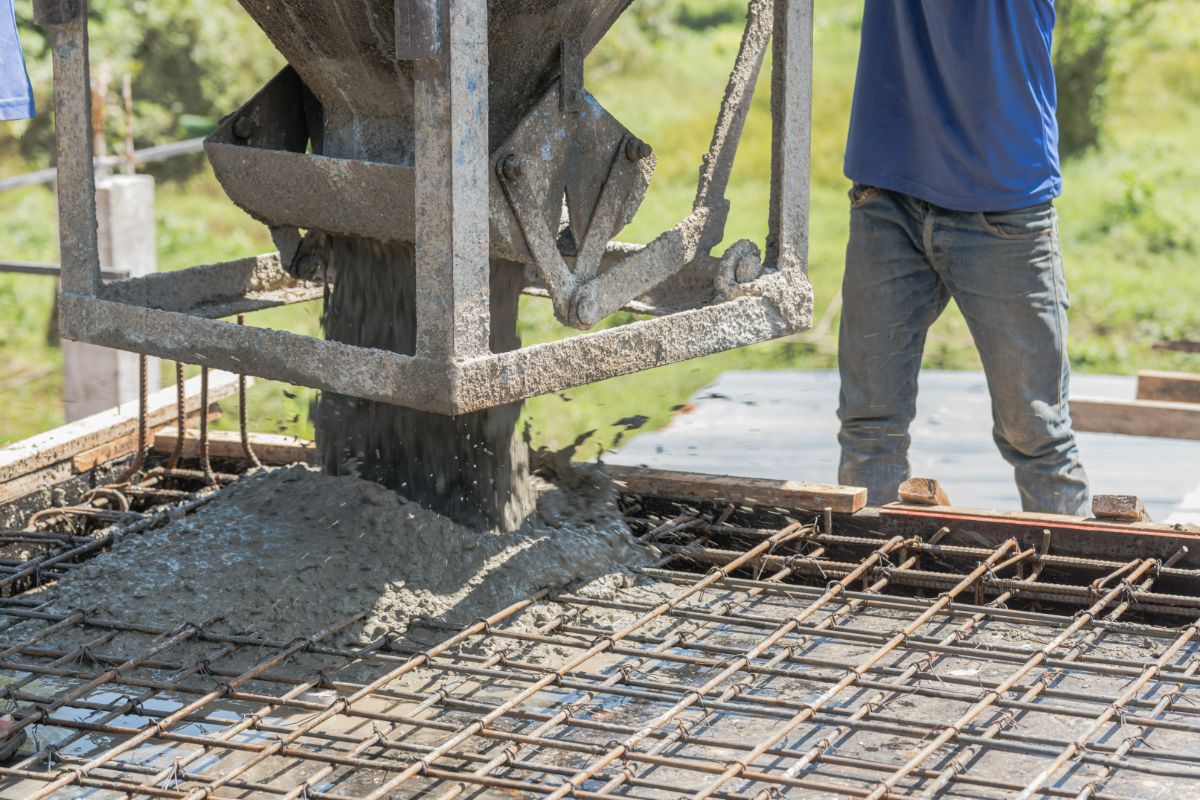

Overview
- Concrete mix design in construction engineering requires careful consideration of factors like strength characteristics, workability, weather conditions, exposure conditions, batching and mixing methods, and the quality of materials.
- Quality control, weather conditions, exposure conditions, and the choice of materials all play a significant role in achieving the desired concrete mix for optimal performance.
In construction engineering, the precision of concrete mix design is a critical factor in shaping structural integrity. This process demands a thorough understanding of specific requirements to ensure optimal performance.
This article delves into the requirements for concrete mix designing. Here at Big Ben, we aim to elucidate the critical factors influencing the creation of concrete mixes tailored to the demanding needs of construction projects.
The concrete’s characteristic strength is a performance indicator, ensuring that the concrete mix will consistently meet or exceed the specific strength requirements. This is vital for the structural performance and durability of the resulting construction.
The appropriate strength characteristic will depend on factors like the type of structure, its purpose, and the environmental conditions it will face. For example, a residential building may have different strength requirements compared to a bridge or a high-rise commercial structure.
Assessing concrete workability is standard practice in construction. It is often done through slump tests. The slump value, indicating the desired workability, is tailored to meet the specific needs of the ongoing construction project.
Considerations for workability vary based on construction type. For example, in reinforced concrete construction with high steel reinforcement, traditional methods of compacting become challenging. In these cases, achieving optimal workability is crucial for the smooth flow of concrete throughout the structural member.

The strength and durability of concrete depend on the quality control during construction on-site. Nominal mixes assume lower quality control based on past experiences. For design mix concrete, understanding the quality control capability of the contractor and workmen is crucial.
Each step in the construction process, from mixing to curing, affects concrete strength and durability. Skilled workmen and supervision contribute to maintaining good-quality construction.
The setting time of concrete is a critical aspect influenced by prevailing weather conditions, with hot climates posing distinctive challenges. In these environments, concrete tends to set prematurely due to accelerated moisture loss. To address this issue, precise adjustments are applied to the concrete mix.
In hot weather conditions, it is a standard practice to either elevate the water-cement ratio or introduce specialized admixtures into the mix. These measures serve the purpose of delaying the initial setting of the concrete, ensuring the necessary flexibility for proper placement and finishing.
Exposure conditions significantly impact concrete mix design, requiring thoughtful consideration of factors like chemical influences and coastal proximity at the construction site. Following industry standards, exposure conditions are classified as mild, moderate, severe, very severe, and extreme.
These conditions prompt specific adjustments to the concrete grade and durability requirements. Essentially, the concrete mix is customized to address the challenges posed by prevailing exposure conditions.
Accurate categorization is essential to ensure that the concrete used in a construction project meets the necessary standards for optimal performance.

Concrete mix design involves two essential batching methods: volumetric batching and batching by weight. A clear understanding of these methods is crucial for accurate mix design calculations.
Volumetric batching relies on volume measurements while batching by weight requires precise measurements for each component. The choice between these methods impacts the overall mix design and concrete quality. Additionally, the mixing process includes manual mixing, machine mixing, and ready mix concrete.
A comprehensive grasp of both batching methods and mixing processes is essential for consistent and high-quality concrete results in construction projects.
Before integrating construction materials into mixed design calculations, it is essential to conduct thorough laboratory testing. This evaluation encompasses factors such as material type, moisture content, suitability for construction, and chemical and physical properties, which significantly influence concrete mix design.
The choice of cement for construction demands a careful consideration of its properties. Similarly, the selection of sources for coarse and fine aggregates is crucial, considering their size and shape.
Concrete mix design is paramount for ensuring structural integrity in construction. It involves tailoring the characteristic strength for diverse structures, assessing workability, weather conditions, precise exposure categorization, and the impact of various batching methods and mixing processes.
Explore Big Ben’s top-tier ready mix concrete, meticulously crafted to enhance your construction endeavors in the Philippines. For inquiries or collaboration opportunities, feel free to contact us directly.